This post contains affiliate links from which I may receive a small commission, at no extra cost to you. In no way does this affect my opinion or the information I provide on the product. Please read my disclaimer for more info.
You’ve finally decided to start eating healthier.
All throughout the week, you’ve stuck to having balanced meals, drinking plenty of water, and exercising.
Friday night comes around and you have a night out planned. You wanted to have only one glass to drink and eat your salad.
You end up eating a slice of your friend’s pizza. Then you order another drink. And have some nachos and cheese.
Before you know it, you’re splurging on everything and anything.
You wake up the next morning feeling full and bloated. Your healthy meal plans seem pointless now that you’ve consumed all of these extra calories. You might as well turn your cheat meal into a cheat day, and why not a cheat weekend.
Eating healthily now won’t change anything. Why not enjoy it while you’re at it. You’ll just start fresh again on Monday. It makes more sense.
If this sounds familiar, you have a case of the all-or-nothing mentality.
This could be the reason why you keep sabotaging your diet. Thankfully, there are a few ways to get yourself out of this vicious cycle.
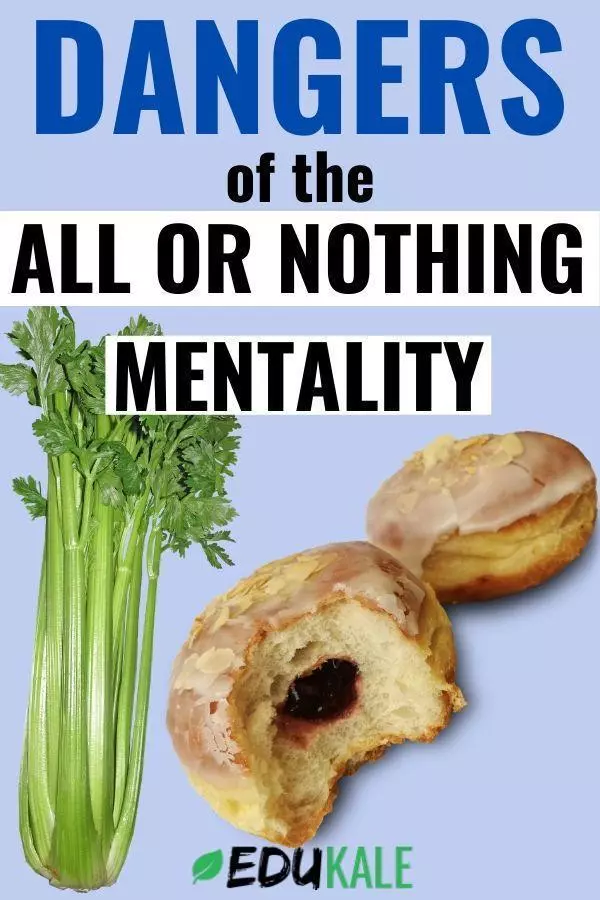
What is the all-or-nothing mentality?
All-or-nothing mentality, which can also be called black-or-white thinking, is when things are either seen as “all good” or “all bad”.
Whenever they aren’t perfect, then it’s considered a failure. Perfectionists often adopt this mentality. This way of thinking keeps you stuck, unhealthy, and miserable.
It prevents you from eating in moderation, trapping you in a restrict-then-binge cycle. (If you want to know more about how to stop binge-eating, don’t hesitate to check out this article.)
All rational thinking is thrown out the window: you know that eating a bit more than you planned will not be undone by eating even more. Yet you do it anyway.
Why do you do it?
You want to feel in control
First of all, chances are you want to feel in control.
This might be because your entire life is spiraling out of control, and your food intake is one of the few things you can control.
On the opposite side of the spectrum, you might also have a perfectly controlled life, from your house organization to your work schedule.
Why should your meals be any different? You might also believe that controlling your diet and fitting into X dress/ reaching X bodyweight/ getting toned like X celebrity is the answer to finally achieving happiness.
Now if this rings true, you might be wondering “Well, if I want to control everything so badly, why do I end up losing it half of the time?”
This can be caused by two things.
One, the constant control is exhausting for your body. Every single time you eat, you’re (sometimes subconsciously) thinking about your weight.
You don’t want to overeat, you want everything to be perfectly healthy and balanced, you don’t want to gain weight, you’d even like to lose weight, and when you have a treat, you try to justify it to yourself… It’s extenuating.
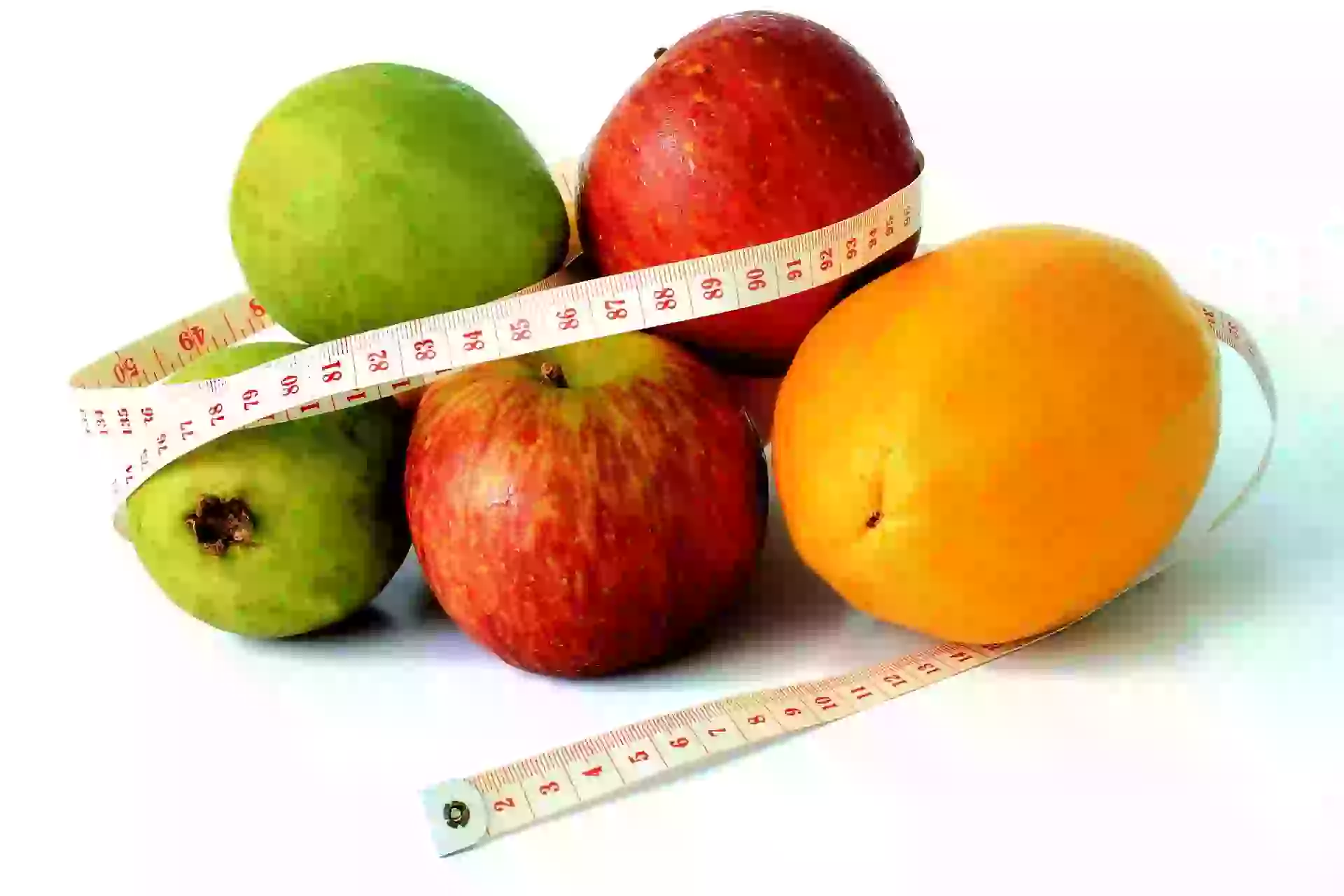
Some days, you just can’t handle all the pressure and all the control, so you just lose it. It starts with a cookie you shouldn’t have had and ends with a full-on cheat week.
You use it as an excuse to eat what you want
Two, frequent binge-eating episodes might be an excuse to stop the diet you don’t actually want to do.
Your subconscious is extremely powerful. Chances are, if you don’t want to do something that is self-imposed, you’ll find a way to get out of it.
Say it’s Sunday morning and you planned to get up early to go for a run.
When your alarm clock rings, you feel exhausted and even sense a headache coming along. “Going for a run in this state would be unreasonable,” you tell yourself as you comfortably slide back into the covers.
The same thing goes for your food intake.
If you prevent yourself from having the foods you love, and you know that the only way to enjoy them is by breaking your diet, then guess what you are going to do. That’s right, you’re going to break your diet.
Basically, after dieting for a while, the urge to eat your favorite junk foods becomes stronger and stronger.
Since you explicitly forbade yourself from having them from time to time, you need to come up with an excuse to eat them. So you eat a piece of cake of a slice of pizza as if to give yourself the permission to binge on whatever you want later on, because you know, “now that I’m at it, as might as well…”
How can you get out of the all-or-nothing mentality?
Forget the diet mentality.
This is the reason for all of your trouble in the first place.
You wouldn’t feel the need to go “all in” with food if you weren’t restricting yourself to begin with. You wouldn’t be restricting if you weren’t so scared of gaining weight. Annnd you wouldn’t be terrified of weight gain if you weren’t ingrained in diet culture.
So stop looking up to the people who promote drastic weight loss, detox diets, and fat-loss pills. Instead, find some who are body-positive and encourage a healthy, balanced lifestyle rather than fad diets.
Stop expecting perfection.
Like I mentioned previously, a lot of perfectionists adopt this all-or-nothing mentality.
When you expect perfection from yourself, you will inevitably be disappointed. NO-ONE can have a “perfect diet”. You need to stop putting that pressure on yourself.
Instead, try to eat “mostly” healthy or have “mainly” balanced meals. You won’t feel so bad when you have the occasional pizza and ice-cream instead of the salad and apple!
Have no “off-limits” foods.
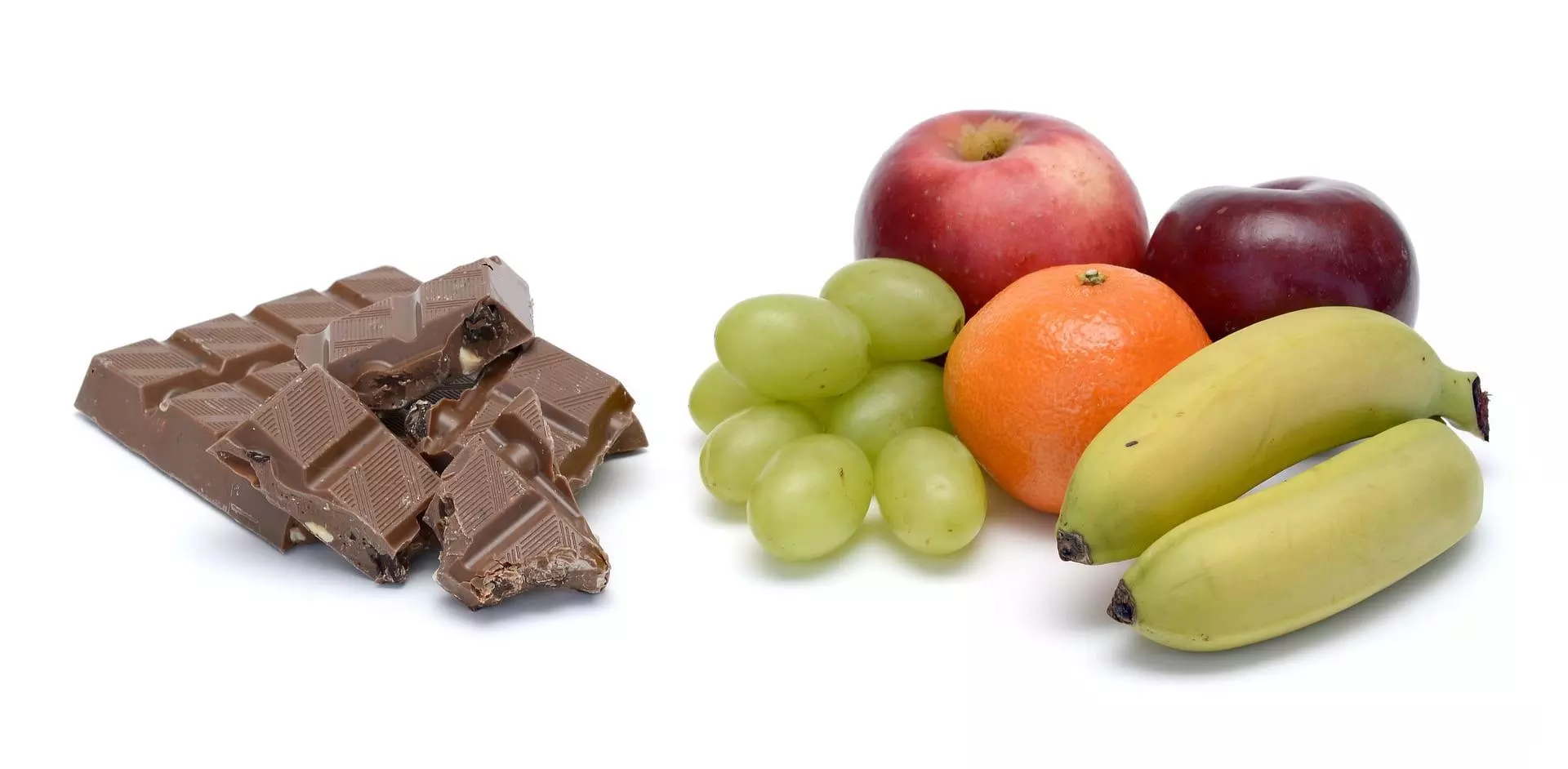
As I explained earlier, if you give yourself too many restrictions, you’re going to give yourself excuses to break them. You need to stop giving certain foods this much power.
You can have a nice meal of lentils, sweet potatoes, and broccoli, and finish it off with a cookie for instance. That’s totally fine. It will even diminish your chances of eating the entire box of cookies on Friday night.
If no foods are off-limits and can be eaten as you pleased, there’s really no reason to binge on them anymore.
Realize that every little bit counts.
If you “catch” yourself in the middle of a binge, stop yourself and try to think logically. If you stop eating now, you won’t consume those extra 300 calories that you would have had if you’d finished the entire bag of chips.
Even if you think that it can’t compare to the thousands of calories you’ve already eaten, that’s not the way your body works.
Excessive calories will be stored and will need to be burned off. Might as well save yourself that extra little bit!
In addition, make sure to reward yourself after stopping. Acknowledge that you are in control of what you eat, and can stop as desired.
This will help turn the guilt into pride, thus limiting emotional comfort eating. The more you do it, the stronger you will become!
Quit starting over.
“Oops, I had way too much food during Saturday brunch. Might as well continue like this for the whole weekend and start fresh on Monday, I mean no one starts fresh on Saturday night!”
Try to realize how ridiculous this statement sounds.
It makes no difference to your body that you decide to eat healthily on a Thursday night or on a Monday morning. You don’t need to “start over” your diet every five seconds the moment you hit a minor bump in the road.
Would you tear your entire house down every time your faucet leaked or your floor-boards cracked too loudly?
Imagine if all of those times you’d eaten the cake, had the pizza, or indulged in the burger you’d stopped there instead of bingeing for the rest of the day.
How far would you be today?
The all-or-nothing mentality in conclusion.
The urge to have total control and reach perfectionism in our diet drives the all-or-nothing mentality. This is something many people struggle with and find difficult to stop.
Now, you know that you should let go of both diet culture and perfectionism, and be kind to yourself.
No foods should be off-limits. “Slip-ups” should be followed by healthy eating instead of quitting and starting over. This is the way for a lasting healthy lifestyle change.
-Lucie
If you’re interested in nutrition, its impact on our health, and the science behind it, you should definitely read How Not to Die. In this book, Doctor Michael Greger, founder of Nutrition Facts, examines the top causes of death in America and explains how your diet can prevent— and in some cases even reverse— them. His advice is all backed by science and he writes in a very clear and entertaining way. This book isn’t a list of what you already know. It will teach you the keys to living a long healthy life, in a simple and practical way, and without spending fortunes on supplements and pills!
PLUS if you want to take it a step further, you can check out the How Not to Die Cookbook to implement the advice easily!

Welcome!
I'm Lucie, the nutritionist behind Edukale! If you'd like to learn more about me, click HERE !
Read More!
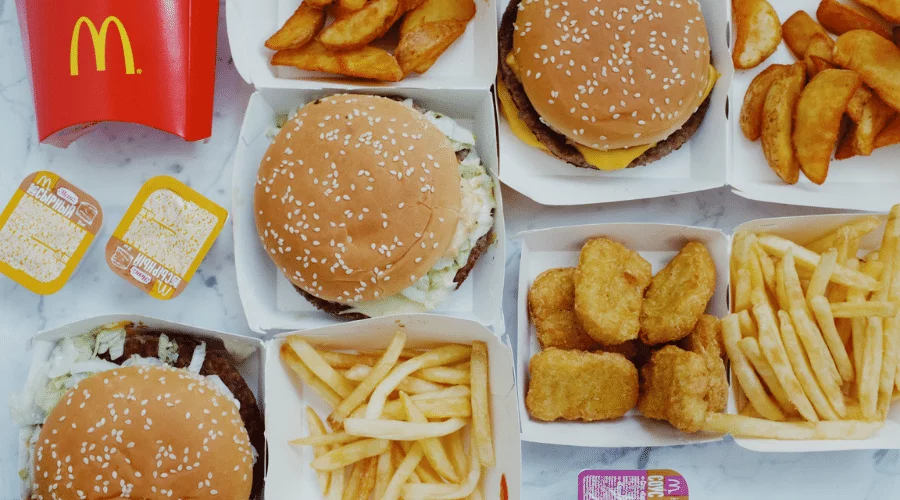
The truth about processed foods
You’ve probably heard that it’s best to reduce your intake of “processed foods” for healthy eating, and increase your intake of whole foods for optimal health.

The Best Foods to Fight Fatigue
Do you feel like you’re always tired and that you need multiple coffees to get you through the day?
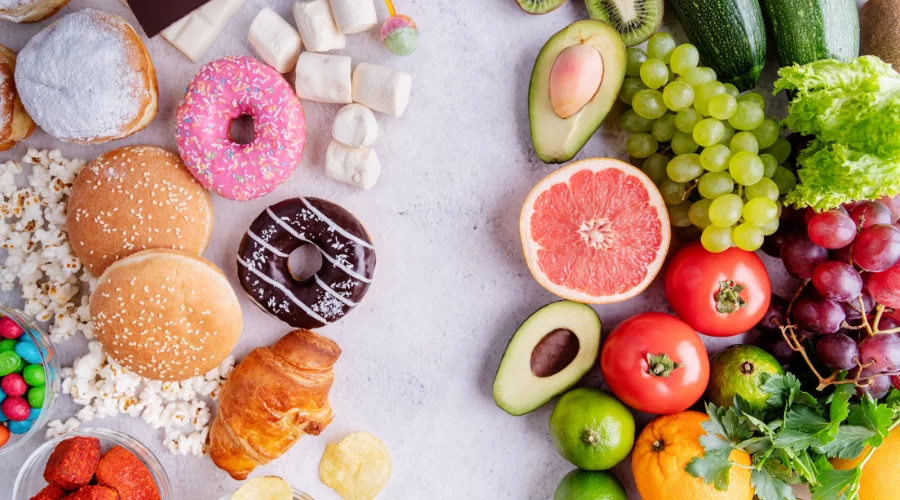
how to find the balance between healthy eating and dieting
It can be hard to find the right balance between healthy eating and dieting without becoming obsessed with food.
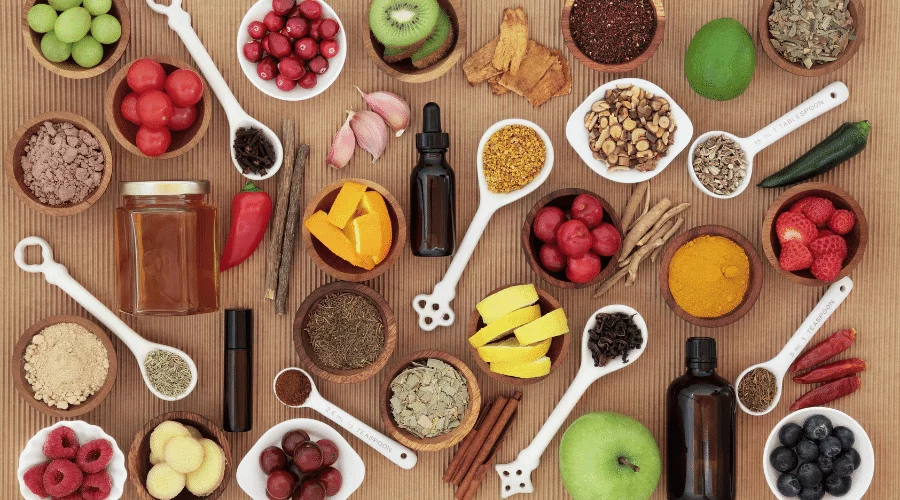
Can you use food as medicine?
“Let food be thy medicine, and let medicine be thy food.” We’re all familiar with this quote attributed to Hippocrates, and we all know the huge impact our food choices have on our health.
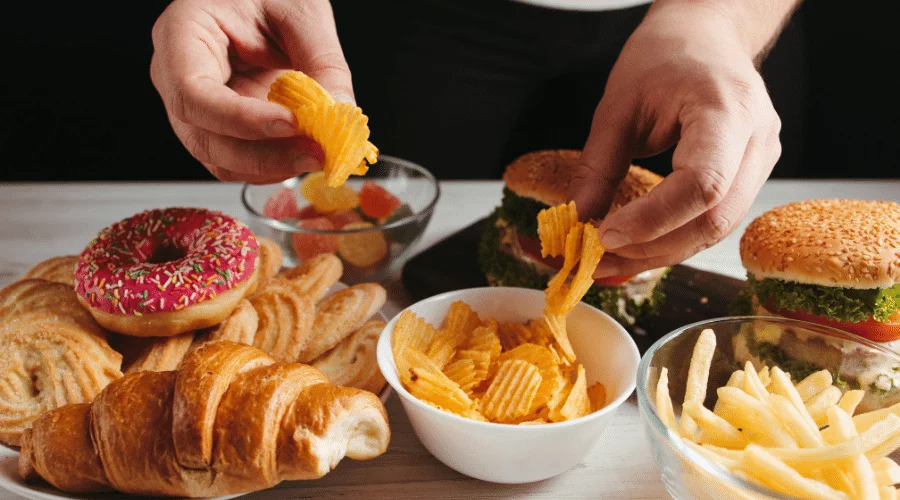
How to finally stop overeating for good!
Overeating means eating past your body’s actual needs, and it can be rather uncomfortable.
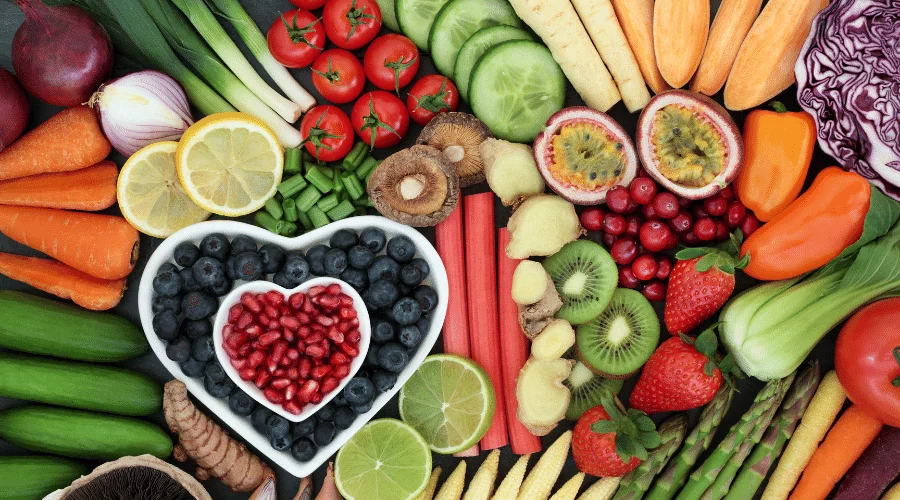
The anti-inflammatory diet: get rid of inflammation
You’ve certainly heard about the anti-inflammatory diet before and the benefits it could have on your body.
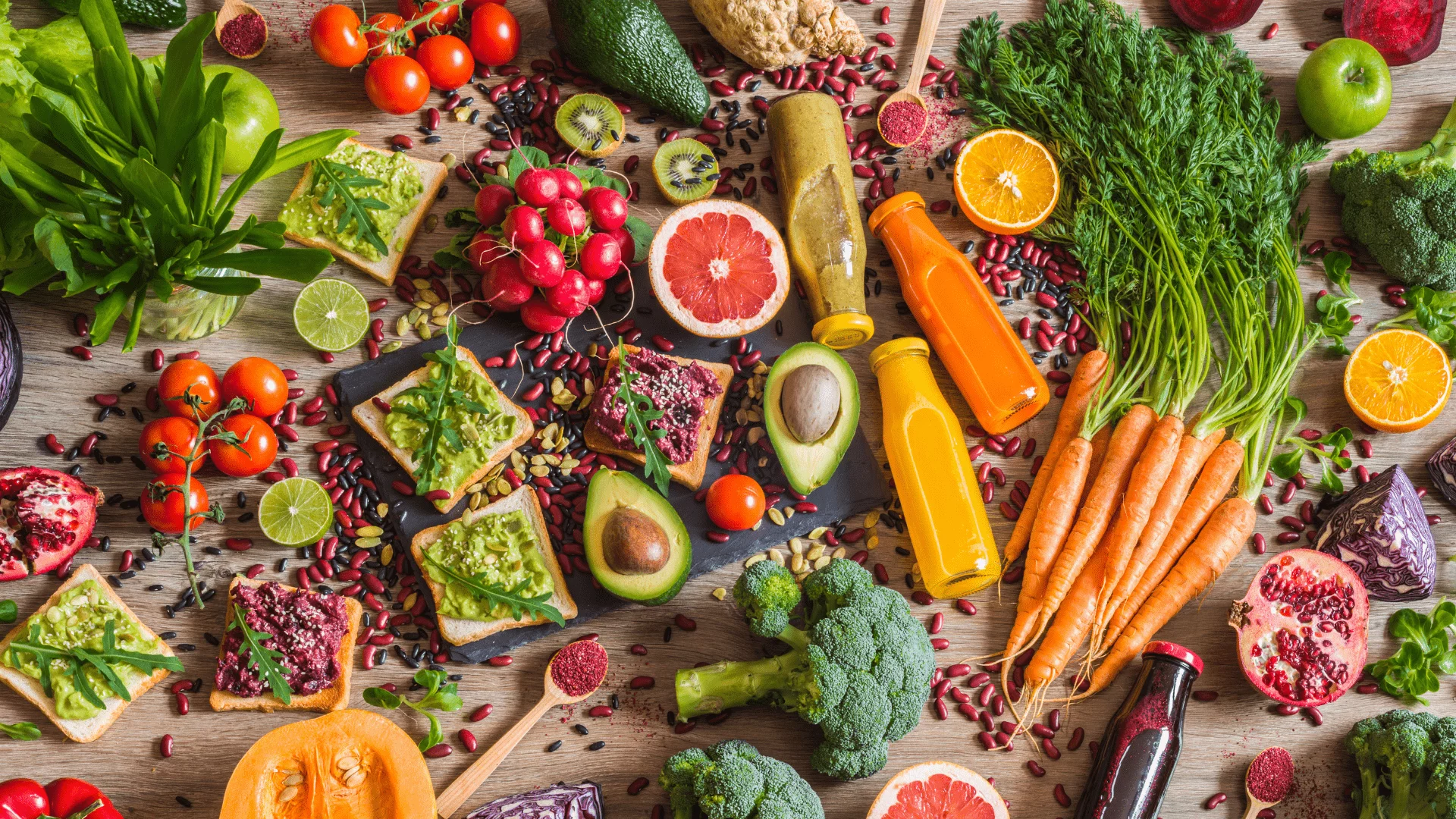
The complete beginner’s guide to veganism
Even though you can absolutely be healthy on a diet that includes animal products, the scientific consensus shows that increasing your consumption of plant-based foods is what is best for health.
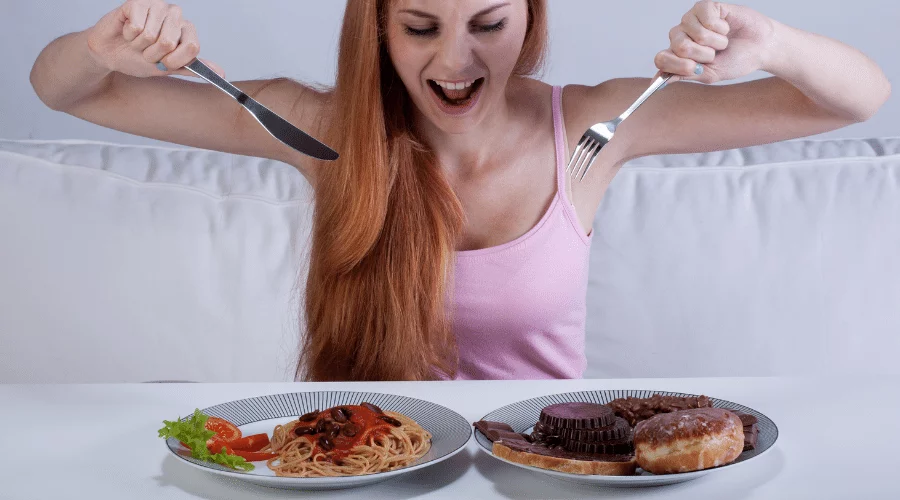
Physical vs emotional hunger—learn the difference
You may be aware that physical hunger is not the only type of hunger that exists. There are actually two main types of hunger: physical hunger and emotional hunger



Comments are closed.